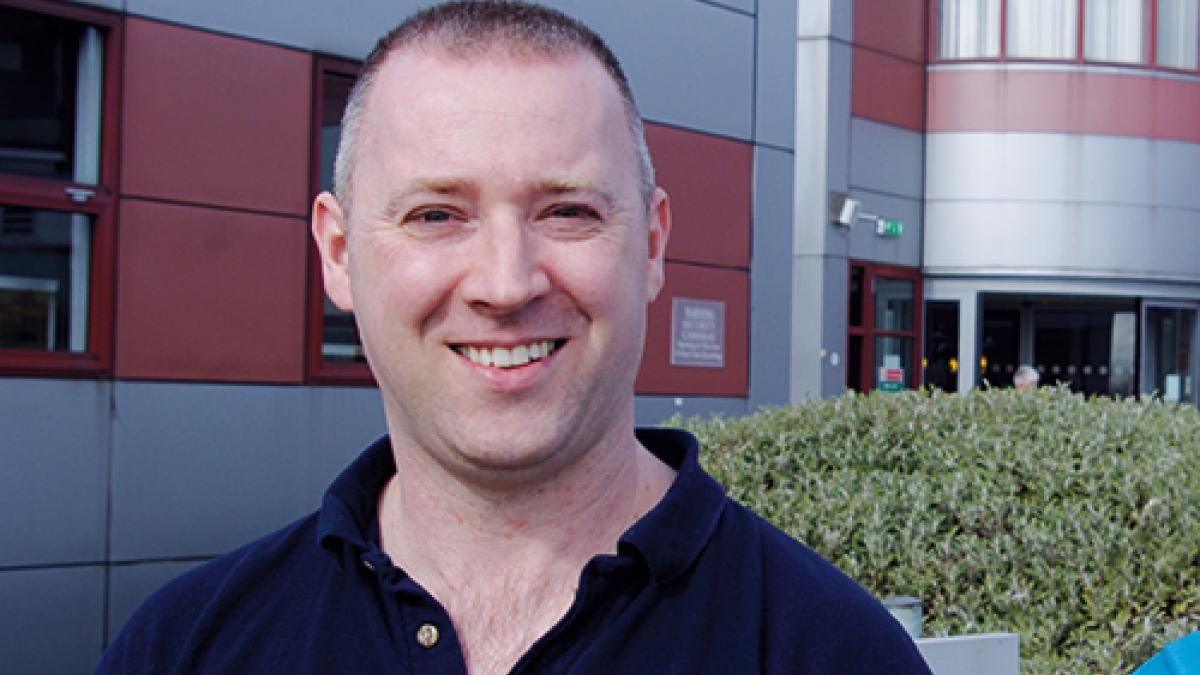Physiotherapists are likely to face more requests to act as witnesses in court proceedings, according to the national lead clinician for chronic pain in Scotland.

Physiotherapist Paul Cameron, national lead clinician for chronic pain in Scotland
Paul Cameron, a police detective sergeant turned physiotherapist, said practitioners should know what is expected of them in various court settings.
There were key differences between being a professional witness – where one might be required to talk about one’s own patient in court – and acting as an expert witness, he said.
The latter is a paid role, with the physiotherapist providing expert testimony, drawing on their specialist area of knowledge.
Dr Cameron said it was important for the profession’s status that physios played their part: ‘If you don’t do the work, you’ll never be known for doing it,’ he said.
The CSP in Scotland published guidance on appearing in court and providing reports in 2012, he added .
Earlier in the day, delegates heard from Gail Sowden, a consultant physiotherapist and honorary research fellow at Keele University, who stressed the importance of ensuring people with pain have meaningful lives.
Another speaker, Sarah Wilson, is a clinical specialist physiotherapist at the Bath Centre for Pain Services, which offers specialist rehab at the Royal National Hospital for Rheumatic Diseases. The Physiotherapy Pain Association (PPA) chair discussed managing the transition from child to adult services.
Chris Seenan, a physiotherapy researcher and lecturer at Glasgow Caledonian University, described an initiative to help students to gain confidence in managing patients with pain.
Network members will be able to see slides from the event on the PPA website in six to eight weeks’ time
Find Out More
Number of subscribers: 0